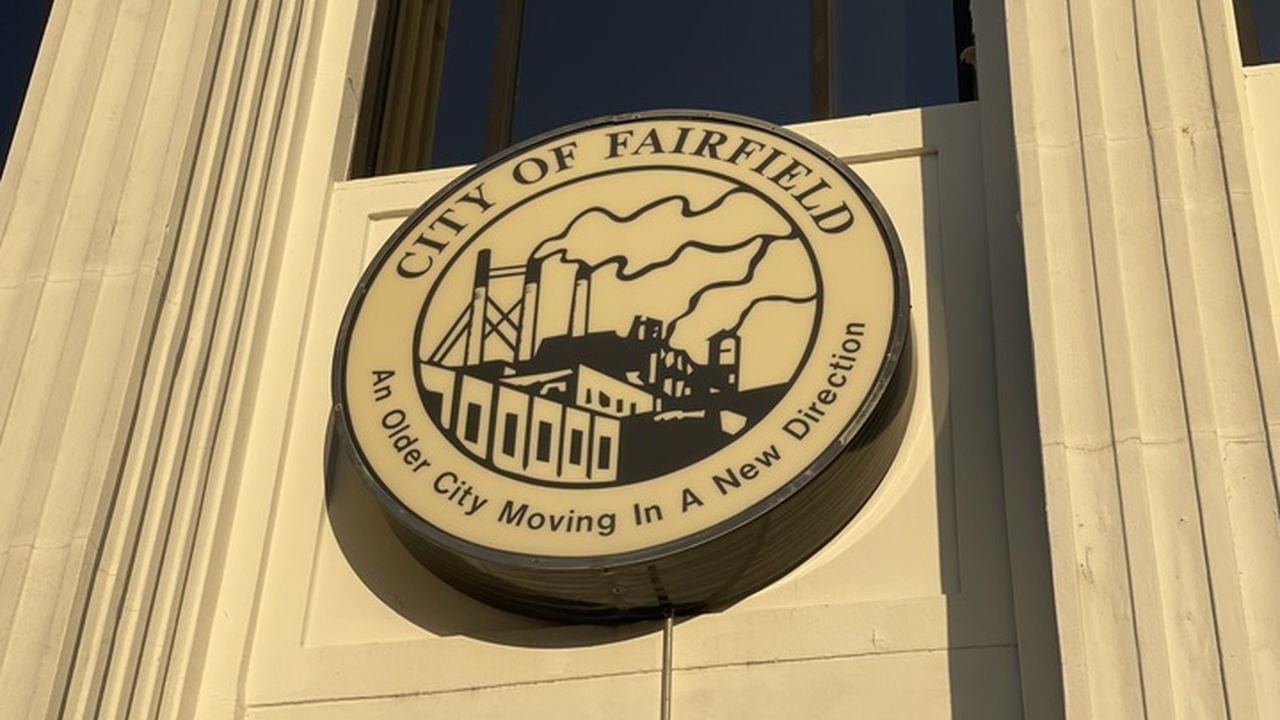This Alabama city closed its bankruptcy case. It still owes millions.
As Fairfield leaves its bankruptcy case behind, the city still has to address millions of dollars of debt.
On Monday, U.S. District Judge Tamara O. Mitchell granted Fairfield’s request to dismiss its Chapter 9 case more than three years after the city first filed for bankruptcy. The city of just under 10,000 people west of Birmingham has struggled with a waning tax base for years.
“The city still face legal challenges that I can not comment on while the cases are in court,” Fairfield Mayor Eddie Penny said in an email to AL.com on Monday. “The city have a budget and we will continue to meet our responsibilities and provide protection and services to Fairfield citizens.”
In May 2020, Fairfield filed for bankruptcy, with the top 20 of its more than 200 creditors reporting more than $27 million in unpaid debts. Since then, nine former employees, companies, government agencies and other creditors, have filed claims in the bankruptcy case to get back nearly $2 million.
When filing for bankruptcy nearly three years ago, the city said it had “exhausted its options” for finding financial stability. Then last summer, the city suddenly asked the judge to throw out the case, saying in court records that its finances had improved.
When agreeing to dismiss the city’s bankruptcy case this week, Judge Mitchell also approved settlements for two of the city’s creditors, Ambac Assurance Corp. and U.S. Bank.
Ambac, the finance guarantor for the city’s taxes, filed a complaint in August 2020 via bankruptcy court against the city and J.T. Smallwood, the Jefferson County tax collector, to recover its debt. After months of mediation between Fairfield, Ambac, the tax collector and Westchester Fire Insurance Company, the tax collector’s surety, Judge Mitchell approved the final settlement and closed the case on Monday.
Per the settlement, Fairfield must pay Ambac nearly $3.5 million in debt payments and interest, plus another $550,000, via its ad valorem tax revenues currently held in an escrow account by the tax collector.
In exchange, Ambac is waiving any other fees it previously claimed the city owed, per court records.
Fairfield also must pay nearly $16.4 million in debt payments to U.S. Bank, the indenture trustee for Ambac, from its special sales taxes and “indenture funds” already held by U.S. Bank, per an earlier settlement in the case.
Any leftover funds held in that escrow account will go toward the city’s law firm, Blankenship & Associates, for $180,000 in legal fees, per the settlement, while the rest of the money will go back to the city.
It’s rare for local governments to file for bankruptcy.
Fairfield did after many years of economic decline.
Nearly a decade earlier, the city couldn’t keep up with its bills for employee payroll and other public services. By 2016, U.S. Steel had laid off more than 1,100 workers, and Walmart shut down its Supercenter in Fairfield, laying off 300 more.
At the time of the bankruptcy filing, Fairfield’s largest creditor was U.S. Bank, which reported an $18 million secured claim in court records. Other creditors include Alabama Power, Fairfield Board of Education, Birmingham Water Works and Regions Bank.
But in July of 2023, the city asked the judge to dismiss its bankruptcy case, saying in court filings that its financial conditions had improved, even amid lost revenue sources and unpaid bills.
“The cloud of bankruptcy has impaired the debtor’s ability to receive third party assistance towards the advancement of city planning and economic development,” the city wrote in its motion to dismiss.
Despite the dismissal, the city’s creditors still have the right to claim unpaid debt, per court documents filed Monday. Penny, who has served in his role since 2019, previously told AL.com that all creditors will be “addressed in court.”
The city’s plan to address the millions of dollars of debt is unclear. Penny declined to comment on the case or explain his vision for the city’s financial future, citing active legal cases.
The legal battles that aren’t yet over include a separate lawsuit that the Birmingham-Jefferson Transit Authority filed against the city in 2018, in which the agency alleged the city owed payment for services. Ambac, the tax collector and its surety are still parties to that case, which has been on appeal before the Alabama Supreme Court since 2020.
